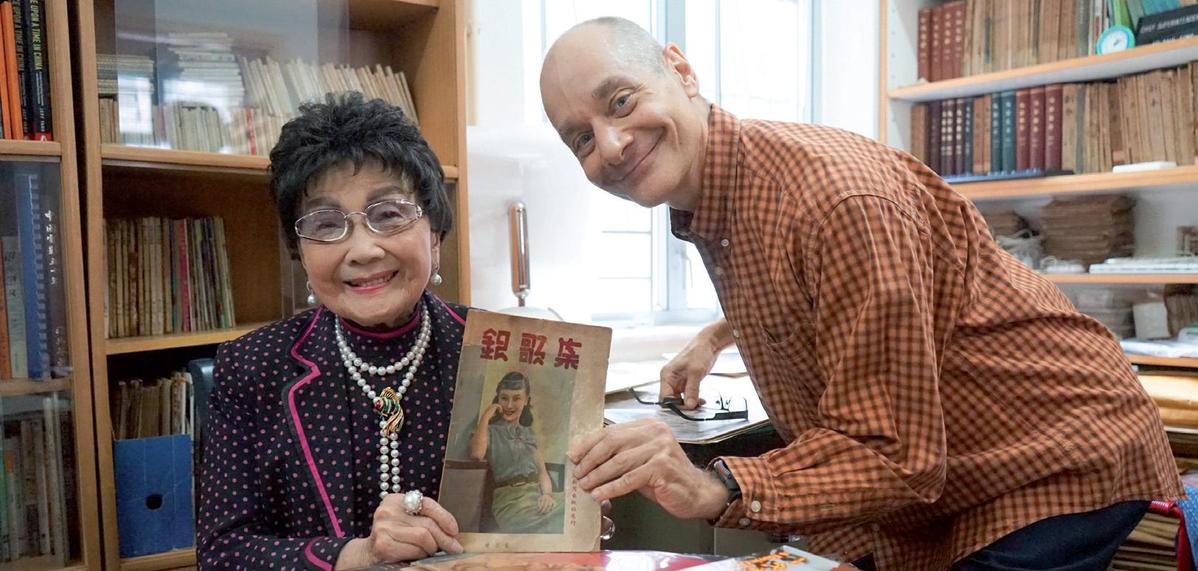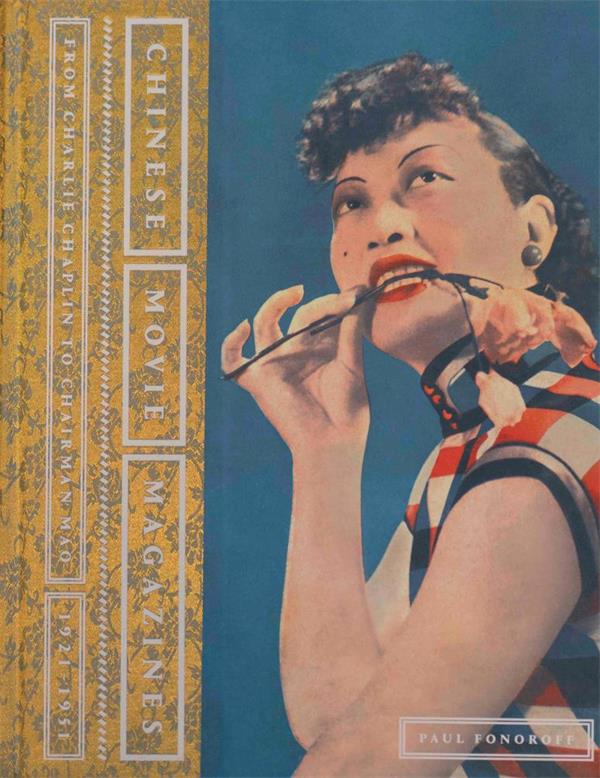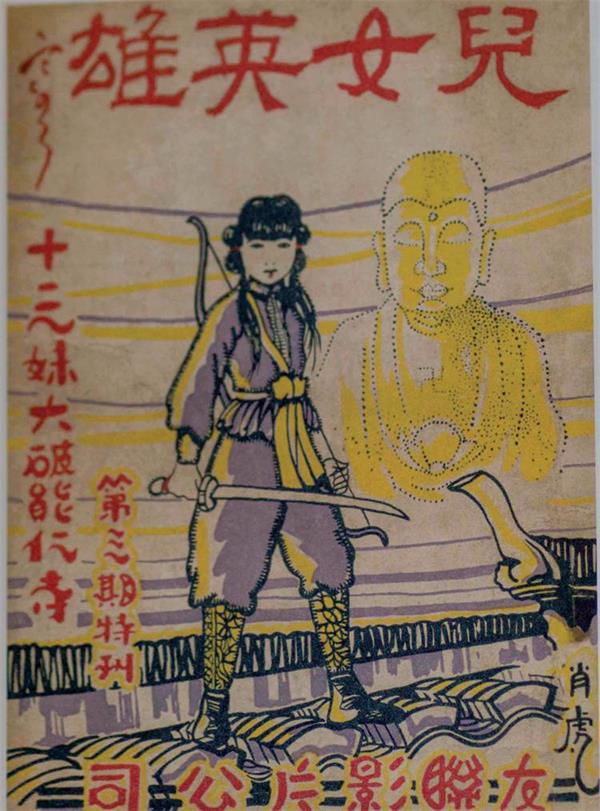Movie magazines mirror China's history
By WILLIAM HENNELLY in New York | China Daily USA | Updated: 2018-09-29 05:07

To get an idea of how closely connected author Paul Fonoroff is to the history of Chinese cinema, four years ago he got a visit from an actress who played Mulan.
No, it wasn't someone from the more recent Mulan films.
The visitor was Nancy Chan, who played the heroic character in the 1939 film Hua Mu Lan (Mulan Joins the Army).
"She was the biggest star in the late '30s, early '40s, and then she retired. Very wealthy, very nice. She was just so photogenic. She was it," Fonoroff told China Daily in an interview.

"It (Mulan) just was a super hit," Fonoroff said. "After that, the second film she did in Shanghai was called The Angel. In that year, in 1939, three of her films were in the top four box office of the year."
He recalled the day she stopped by his Hong Kong apartment.
"There's no elevator in the building where I used to live … she walked up the stairs," he said about the visit by Chan, who at the time was in her 90s.
"Just wonderful. I had everything ready. All the tables were covered with her 80 magazines. And she looked through them all."
Chan, born Chen Yunshang in Taishan, Guangdong province, passed away in 2016 at age 96.

She appears on more than 20 covers in Fonoroff's new book — Chinese Movie Magazines: From Charlie Chaplin to Chairman Mao, 1921-1951 — which illustrates the country's early film days through the artistic publications of the era.
The beautifully embossed volume of more than 500 magazine covers, scheduled for publication by the University of California Press in October, was curated with lively writing by Fonoroff, a film critic for the South China Morning Post in Hong Kong since 1988.
The book also includes rare illustrations from the Paul Kendel Fonoroff Collection housed at the C.V. Starr East Asian Library at the University of California, Berkeley, the largest compilation of Eastern movie memorabilia outside China.
The library and the College of Letters and Science at UC Berkeley acquired the materials in 2015, and have made them available to scholars worldwide.
Fonoroff spent more than three decades finding, buying and storing Chinese film materials. He filled two Hong Kong apartments with more than 4,000 movie posters and 10,000 magazine issues.
























